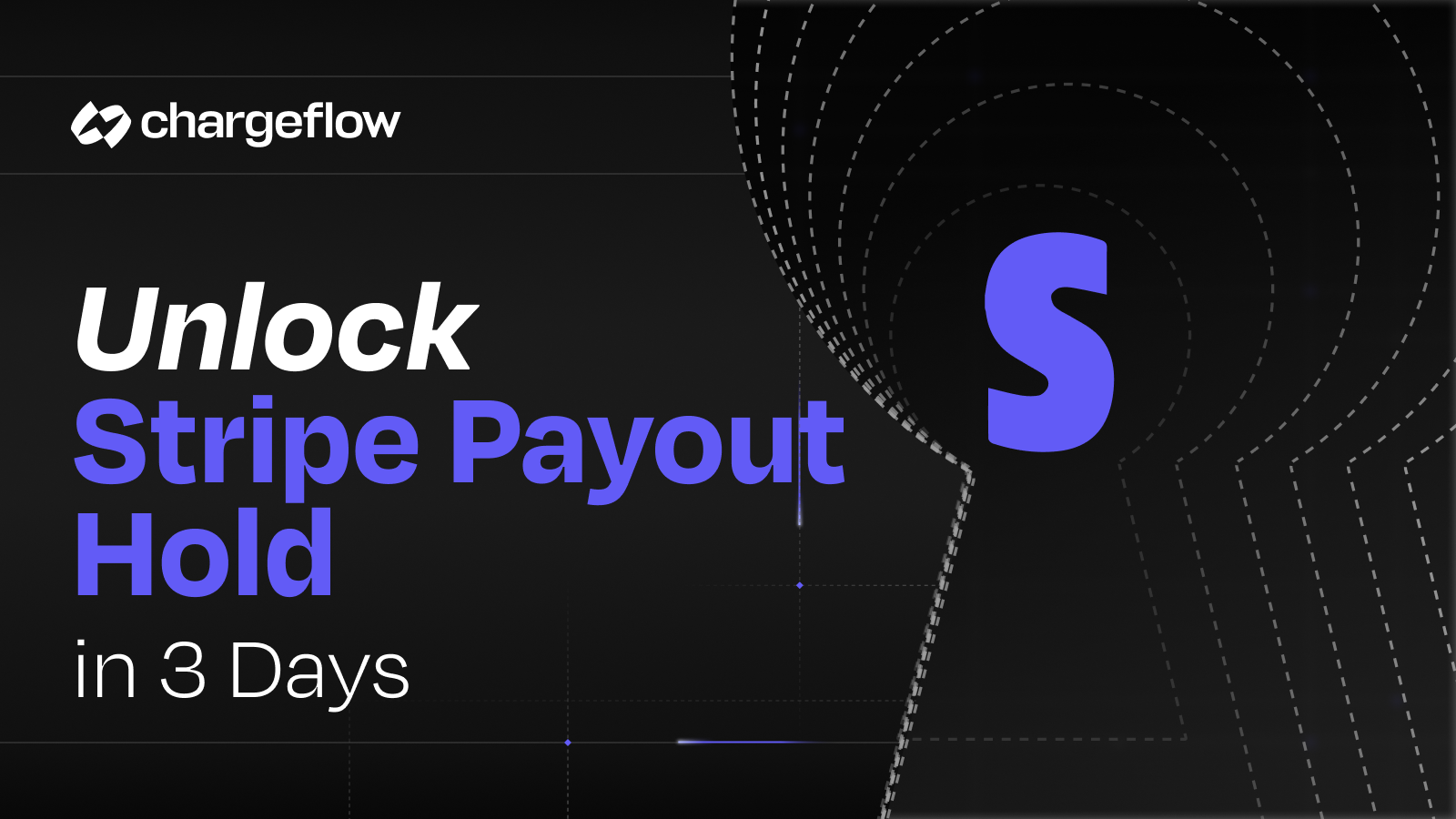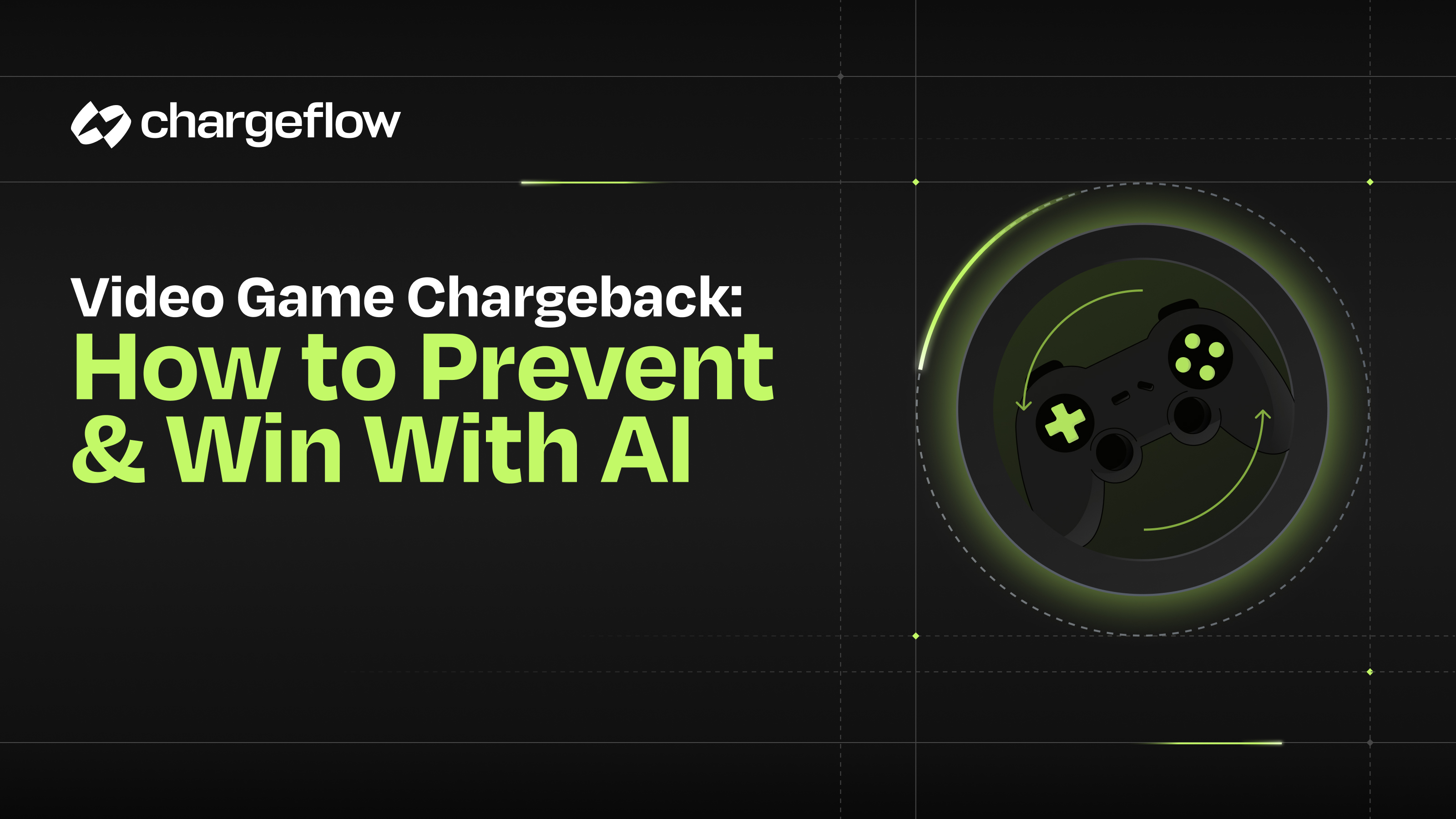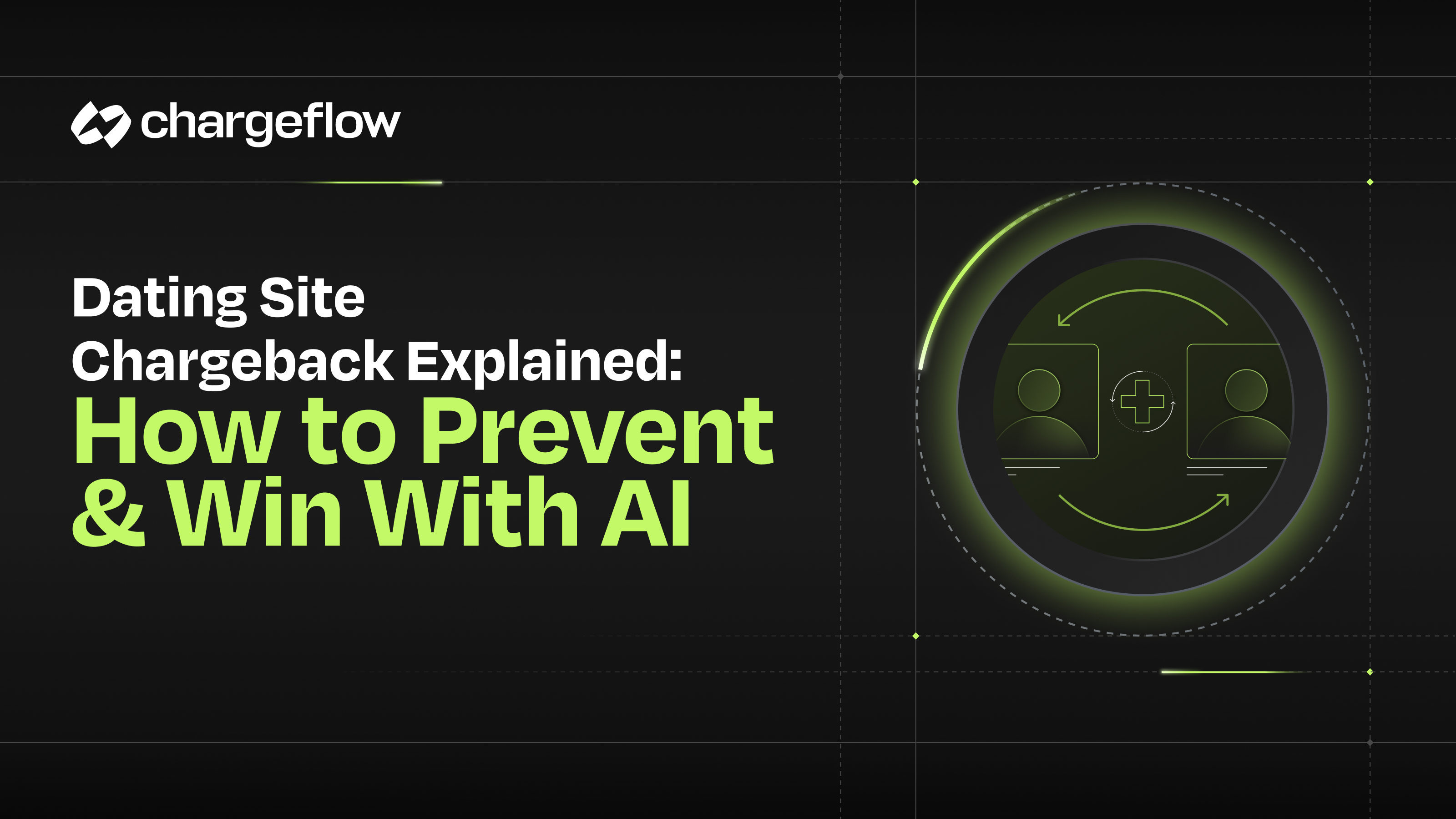How Does the PayPal Chargeback Process Work?

Chargebacks?
No longer your problem.
Recover 4x more chargebacks and prevent up to 90% of incoming ones, powered by AI and a global network of 15,000 merchants.
PayPal chargeback processes are generally arduous for merchants. This article gives you a clear understanding of the intricate PayPal chargeback process
Have you ever heard the saying, “When you teach a rat something, another rat elsewhere will be doing the same thing.”
That hypothesis is rooted in Morphic Resonance, a controversial theory proposed by biologist Rupert Sheldrake. It emphasizes how the world is interconnected and ideas and actions can travel across great distances.
While that theory may not align with mainstream science, it sheds light on how quickly knowledge, behavior, or ideas can spread among groups within a population.
A case in point is how chargeback abuse has become a “global phenomenon” since the first recorded incident of friendly fraud in 2010. Mastercard explains:
“There has been a convergence in trends leading to the increase of friendly fraud…As a growing array of connected devices store payment card information, from voice-activated speakers to online video and music streaming services, there's a far higher chance that someone other than the authorized cardholder could make a purchase using a card on file.”
Building upon our earlier discussion on proven strategies for avoiding PayPal chargebacks, today's article will dive deeper into the intricate PayPal chargeback process.
Understanding the PayPal Chargeback Process
Let's clarify some basic thoughts before we dig in. First, there’s a slight difference between claims and PayPal chargebacks. The distinction is that PayPal decides the outcome of the former, while the latter goes through the card issuer. We’ll use those terms interchangeably to mean the same thing throughout this article.
Second, when a customer disputes a transaction processed through PayPal to their bank, PayPal acts as a liaison between you and the customer’s bank. Their fraud specialists will communicate with the issuer on your behalf throughout the chargeback process.
The PayPal chargeback process is an uphill battle of interconnected activities:

Stage 1: Buyer Initiates Paypal Chargeback
As noted in the previous article, a customer can escalate a dispute to a claim or file an outright chargeback. The shopper's credit card issuer or bank can equally file a chargeback in instances of authorization discrepancies, payment processing missteps, or merchant fraud. These cases are referred to as bank chargebacks.
Sometimes, the card issuer will attempt to resolve the case of their own volition by requesting further details about the charge. This process is called an Inquiry or Retrieval. The card network (Visa, Mastercard, AmEx, or Discover), not PayPal, oversees the Inquiry process, making each Inquiry unique based on the card brand.
The card issuer will award the buyer a conditional credit to the value of the disputed order if there's merit to reversing the suspected order. They'll lodge the chargeback through the card brand network, which also forwards it to PayPal, along with a reason code illustrating the issuer's understanding of the cardholder's dispute.
Stage 2: PayPal Notifies the Merchant
At this point, PayPal would’ve frozen your account, with a case opened in the Resolution Center. Upon receiving the notification, you can either accept the claim or provide evidence to contest it.
If you accept the chargeback, the customer retains the refund, while you incur the loss with an additional chargeback fee. But if you contest the claim, you must provide compelling evidence that shows the chargeback is meritless. You do this through the pre-arbitration process.
The rule of thumb is to ALWAYS contest false chargebacks.
Stage 3: Merchant Chooses Pre-Arbitration Response
Whether or not you want to contest the claim, you must respond within 10 days while the case is still in the WAITING_FOR_SELLER_RESPONSE state. A rebuttal letter to contest the claim should have compelling evidence tailored to the PayPal chargeback reason code. PayPal requires different kinds of documentation for each dispute reason.
Documentation deemed relevant to challenge PayPal chargebacks consists of delivery proof, refund confirmation, or notes, which may include a customer’s IP address to show they accessed a product or service, computer logs, and timestamps. PayPal insists that proof of successful order delivery must include a tracking number, while a proof of refund document must consist of a refund ID. You must also limit your rebuttal letter to 2000 characters.
Stage 4: PayPal Receives Rebuttal
When PayPal receives your data, its chargeback team will transfer your information to the customer's card issuer, if involved in the case. Otherwise, they’ll make a decision on the claim.
Stage 5: Pre-Arbitration Ruling
It may take your customer's card issuer up to 75 days to make a final decision. If the PayPal chargeback decision favors you, PayPal reverts your funds back to your merchant account and releases your account. Case closed. Conversely, a successful chargeback – which is often the predictable outcome for manual processes – permanently refunds the buyer and attracts additional fees.
Should you disagree with this decision, the PayPal chargeback process will continue. You can appeal the case a second time.
Stage 6: Arbitration Chargeback
A merchant or the card issuer can initiate arbitration chargeback, especially if new evidence comes to light. For merchants, it’s mostly when the card issuer denies the first dispute appeal.
Appealing the case a second time means you must send distinct evidence than the first representment. Not appealing within the designated period results in the case reverting to a resolved status in the pre-arbitration stage.
Stage 7: PayPal Sends Second Representment to the Card Network
When PayPal receives your new evidence, they'll send it directly to the card network, bypassing the bank/card issuer. The card network – Visa, Mastercard, AmEx, and Discover – determines chargeback arbitration outcomes.
Stage 8: Final Chargeback Ruling
The card network evaluates all the documentation from both parties – PayPal representing the merchant and card issuer representing the buyer – and decides which side wins the chargeback.
The card scheme's decision marks the final phase of the PayPal chargeback process. There’s no opportunity for either party to appeal it afterward. Any further disagreement must be tabled to a judge in a court of law.
It is crucial to note that disputes that require arbitration rarely end in favor of the merchant.
Crucial Phases of a PayPal Chargeback & Actions Required
Generally speaking, the PayPal chargeback cycle has four distinct variables: Inquiry, Chargeback or Claim, Pre-Arbitration, and Arbitration. At any given cycle, the case may be in one of these phases:
- Open: When a dispute is in the Open phase, PayPal says sellers can take several actions, including sending a message, making an offer to the buyer, accepting a claim, escalating to the next phase, and providing a partial update.
- Under Review: At this stage, PayPal requires neither the buyer nor the seller to take any action, as they’re currently reviewing the dispute.
- Resolved: The case is successfully resolved and no further action is required.
- Awaiting Buyer Response: The dispute awaits a response from the buyer, who can choose to either provide evidence or cancel.
- Awaiting Seller Response: The dispute is pending a response from the seller, who can dispute the claim or accept it.
That said, below are the actions required from both merchants and customers for each of the PayPal dispute stages:

Final Thoughts on the PayPal Chargeback Process
PayPal chargeback processes are generally arduous for merchants, and the manual chargeback response approach isn't sufficient by any means.
Think about that. Buyers have up to 120 days to file a chargeback after placing an order and it takes 75 days to resolve a dispute. Who has that amount of time to invest in one case? Imagine what will happen if you have a significant number of chargebacks. Consider how much revenue you have to dedicate to fighting these cases.
As if that’s not enough, the likelihood of winning a PayPal chargeback through the manual representment remains remarkably low, standing at just 12%. Thankfully, Chargeflow’s automated chargeback solution has proven reliable in helping merchants fight back. Contact our sales team to see how you can win PayPal chargebacks on autopilot. Free up your resources to focus on more profitable aspects of business operations.

Chargebacks?
No longer your problem.
Recover 4x more chargebacks and prevent up to 90% of incoming ones, powered by AI and a global network of 15,000 merchants.






























.png)








